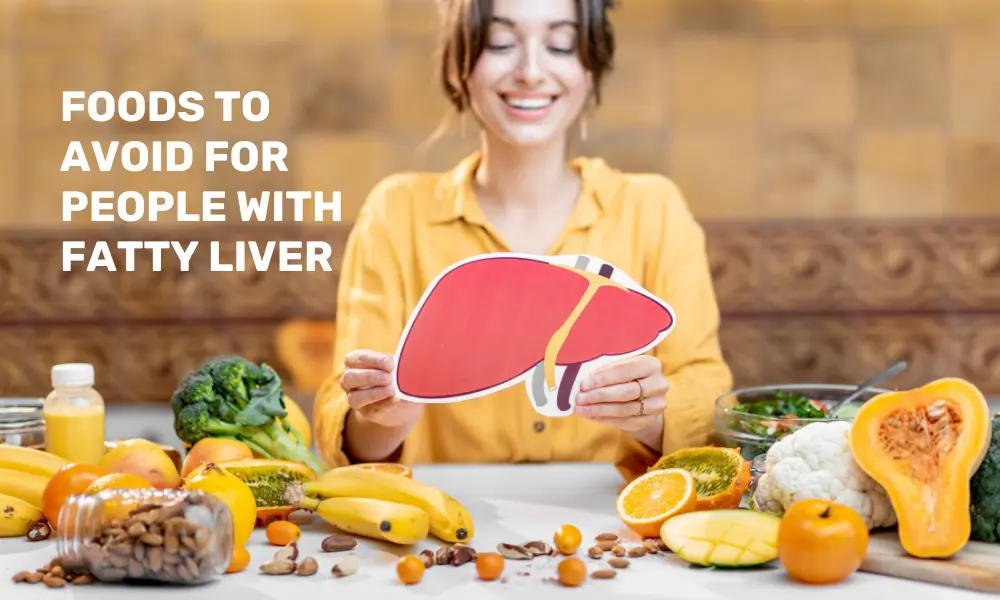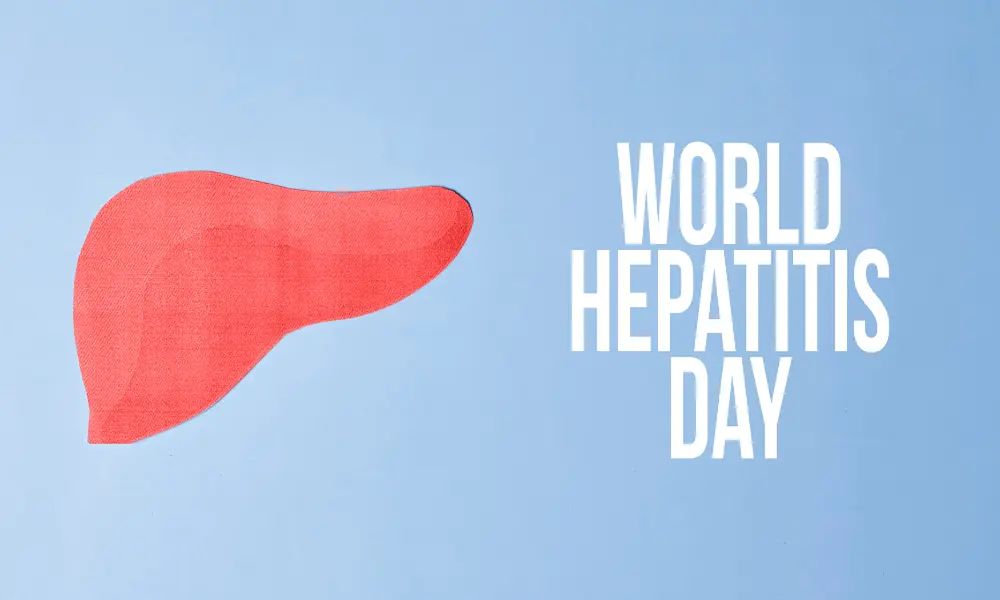There is no denying that certain foods taste best in their raw form, especially veggies, fruits, and chickpeas, to name a few. However, health experts suggest that people suffering from fatty liver conditions must avoid consuming raw foods at all costs, and here’s the reason! So, read on to find out more about these common foods.
Is Fatty liver disease a concern?
Fatty liver disease is a health condition when excess fat builds up on the surface of the liver, which impacts the functioning of the liver, leading to inflammation and causing damage to the organ. However, this condition can be managed by changing the diet and lifestyle and reducing the stress from day-to-day life.
Certain changes can help revive liver health and reduce fat accumulation around the liver. Many foods are beneficial and may help in healing liver conditions when cooked. However, certain foods can adversely affect liver health when consumed raw.
Here are nine foods one should avoid eating raw to help manage and improve your liver health.
-
Raw Palak
Raw spinach can contain oxalates, which in high amounts can contribute to kidney stone formation and potentially impact liver health. Cooking spinach reduces its oxalate content, making it easier for the body to handle and reducing the strain on the liver.
-
Eggs
Raw eggs have a risk of salmonella infection, which can lead to food poisoning. For individuals with fatty livers, maintaining a strong immune system and avoiding additional stress on the liver is crucial. Cooking eggs thoroughly helps eliminate potential pathogens, making them safer and more beneficial for liver health.
-
Chicken
Partially cooked chicken can also harbour harmful bacteria like Salmonella and Campylobacter. These pathogens can cause gastrointestinal distress and potentially aggravate liver conditions. Ensuring that chicken is washed thoroughly and cooked to a safe internal temperature, minimizes health risks and supporting liver function.
-
Raw Paneer
Paneer, a staple in Indian cuisine, is usually safe when cooked. However, consuming it raw can increase the risk of foodborne illnesses, especially if it is homemade or improperly stored. The liver, already under strain from fatty liver disease, may struggle to cope with any potential pathogens. The cooking paneer ensures that it is safe to eat and reduces the risk of infection.
-
Raw Tomatoes
Raw tomatoes contain compounds like solanine that can irritate the digestive system. Cooking tomatoes can help reduce these compounds and make them gentler on the liver.
-
Raw Mangoes
Raw mangoes, while a popular summer treat, contain higher levels of certain acids and enzymes that can be harsh on the digestive system. For those with fatty liver, it’s best to consume ripe mangoes, which are easier on the liver and provide a range of beneficial nutrients.
-
Raw Cucumber
While generally safe, raw cucumber can sometimes cause digestive issues and bacterial contamination. Cooking cucumbers or consuming them in moderation can help reduce these risks.
-
Raw Chana
Raw chickpeas, often soaked but not cooked, can contain harmful lectins and other anti-nutrients that can irritate the digestive system. These compounds can exacerbate liver inflammation and stress. Cooking chickpeas not only makes them more digestible but also helps in reducing these potentially harmful substances, making them safer and healthier.
-
Lassi
Lassi is a popular curd-based drink. While fermented dairy products are beneficial for individuals, lassi made from unpasteurized milk may carry the risk of bacterial contamination. Therefore, for individuals with fatty liver, it’s important to avoid raw dairy products and opt for pasteurized options to reduce the risk of infections and digestive issues.
The Bottomline
It is essential to be mindful if you struggle with digestive discomfort and a fatty liver condition, as the slightest mistake can affect the functioning of liver and other organs. However, a simple way to reap the benefits of these foods can be by properly cooking and consuming these foods fresh to avoid triggering fatty liver conditions. To get customised expert dietary tips – CLICK HERE.





